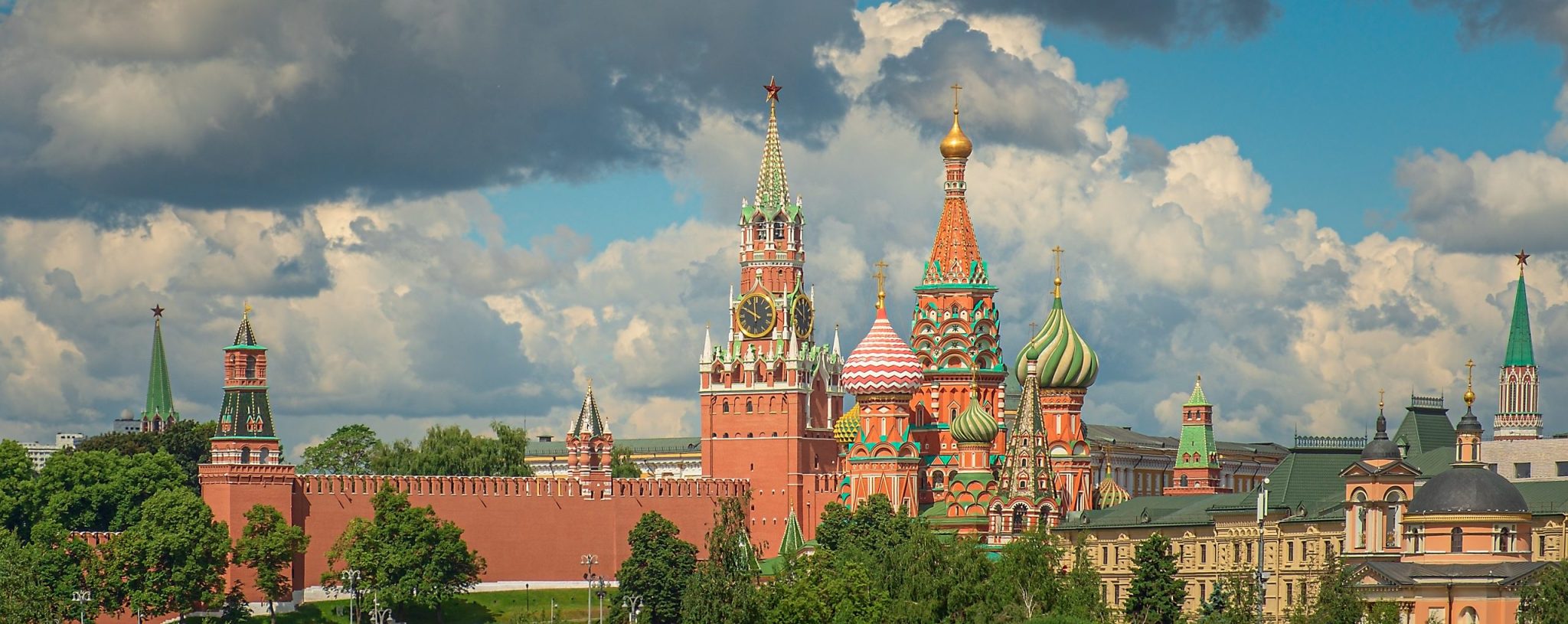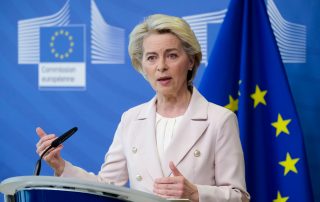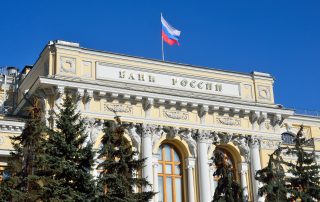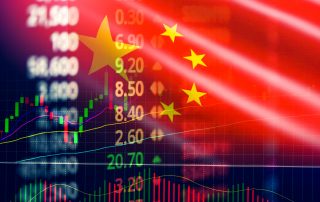Authoritarian regimes like Russia and China use malign finance—the funding of foreign political parties, candidates, campaigns, well-connected elites, or politically influential groups, often through non-transparent structures designed to obfuscate ties to a nation state or its proxies—to interfere in democracies. Find ASD’s work on malign finance and the threat it poses to democracy on this page.

Interference Matters
Russia Is Still Finding Willing Partners Throughout Europe
A Call for Securing Democracy: Von der Leyen Delivers Her Third State of the European Union Address
On September 14, President of the European Commission Ursula von der Leyen delivered her third State of the European Union speech. With European democratic values and institutions under immense pressure, both abroad and at home, the address conveyed [...]
China’s Sanctions Regime and Lithuania: Policy Responses for European Institutions
China's comprehensive sanctions regime against Lithuania underlines the grave need for Europe to bolster its resilience to economic coercion. As EU officials begin the process of adopting the Anti-Coercion Instrument (ACI) and other strategies to p [...]
Josh Rudolph in Fletcher Security Review: War on Corruption
Kleptocracies seem to enjoy powerful coherence between their domestic and foreign policies, given that they wield power at home and abroad through the same corrupt assemblage of actors, networks, tactics, and resources. By prioritizing the fight aga [...]
Neither Gone Nor Forgotten: China Still Interferes in Democracies
Russia’s invasion of Ukraine has galvanized the Euro-Atlantic community’s motivation to assess and counter Moscow’s interference in their democracies. The Kremlin’s financing of French far-right politician Marine Le Pen was a central issue in France [...]
Joshua Kirschenbaum for Bruegel: Now is Not the Time to Confiscate Russia’s Central Bank Reserves
Since Russia’s invasion of Ukraine, all significant jurisdictions that issue convertible reserve currencies have acted decisively to freeze their respective shares of the international reserves of the Bank of Russia. As the costs of Ukraine’s resist [...]
What the United States Can Learn From Chinese Economic Coercion in South Korea, Australia, and Taiwan
Overview China’s response to the establishment of a Taiwanese Representative Office in the Lithuanian capital Vilnius serves as the most recent example of the perniciousness of economic coercion. Since China’s “Go Out” economic policy was implemente [...]
Joshua Kirschenbaum for PIIE: The EU Should Sanction Sberbank and Other Russian Banks as it Ponders Banning Russian Oil and Gas
The European Union (EU) had a vigorous early response to Vladimir Putin's aggression in Ukraine, aimed at disrupting Russia's financial system and economy. Ending EU imports of Russian hydrocarbons would be a powerful next step and is an absolute pr [...]
Democratic States Impose Strong Sanctions on Russia
For years, the United States has sought to use sanctions to achieve several aims related to Russia, including preventing, deterring, and punishing 1) the strategic corruption that President Vladimir Putin uses to advance Russian foreign policy, 2) h [...]
Kristine Berzina on the Impact of the U.S. Ban of Russian Oil on the Skimm
First: We’re entering a new phase of the war in Ukraine as Russia ramps up its attacks on civilians. Cue: pressure on the US to hit Russia harder. We’ll break down Biden’s big announcement this week banning Russian oil, the damage it could cause to [...]
Kristine Berzina Discusses New Russia Sanctions on Al Jazeera
ASD Senior Fellow Kristine Berzina talks to Al Jazeera about the new sanctions on Russia. [...]
Laura Thornton and Hanna Hopko in The Hill: Ukraine’s Real-Life Challenge for Democracy
One hundred countries joined President Biden’s Summit for Democracy in December to affirm global commitment to democracy during a period of decline and rising authoritarianism. Lofty pledges were made, and the White House announced 2022 as a “year o [...]
Joshua Kirschenbaum Discusses Russia Sanctions on Yahoo Finance
ASD Senior Fellow and illicit finance expert Josh Kirschenbaum joins Yahoo Finance Live to discuss strategies the U.S. and European allies could take in imposing additional sanctions on Russia. [...]











